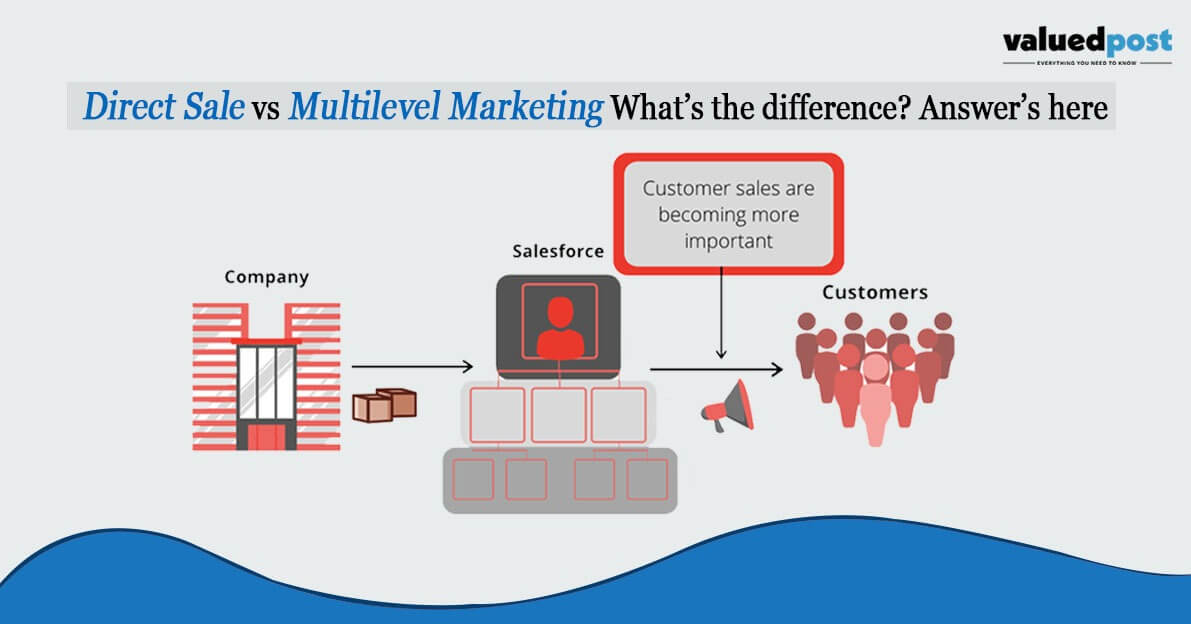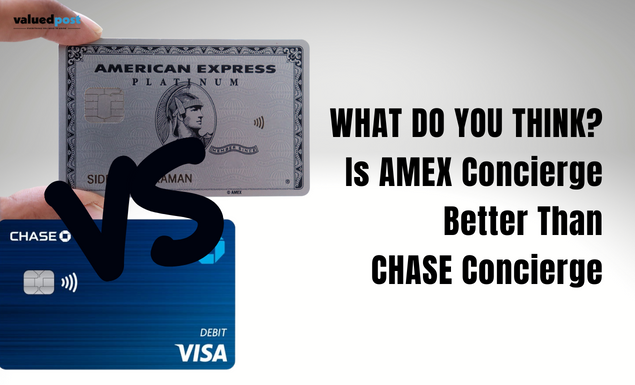One can often get confused between the terms Direct Sales and Multilevel Marketing. It is a topic of long-lasting debate. These two terms may sound very similar, yet they are very contrasting in reality. However, one can find many similarities in marketing methods, such as business plans, commission proportions, and order inheritance. But Direct sales and Multilevel Marketing still have their variables.
Let us get first acquainted with both the terms.
What is a Direct Sale?
Direct selling is a type of non-store retailing that takes place outside of a typical store. It is the practice of selling goods directly to consumers at their homes, workplaces, or other locations. Direct Selling Entity, Direct Sellers, Customers, and Consumers are all part of it.
A direct selling organisation conducts business openly and transparently, offering all relevant contact information. Operations continuity is determined through product or service sales.
Direct sales companies are usually tagged as “seller-based”, implying that when a distributor makes a retail sale, he will receive the extra profit percentage.
A direct seller can be a commercial agency, a contract partner, a reseller or distributor, a person in a direct employment connection, a franchisee, or something else entirely.
Advantages
- Economical: Direct sale is cost-effective because it allows people who enjoy selling and who love a product line to make money by selling it to others. There are no high franchise fees, no real estate to lease or buy, and typical initial expenditures are mainly limited to the purchase of product samples, as well as a small quantity of inventory in some situations.
- Multi-Utility: A lot of direct sales possibilities allow reps to start selling right from the beginning. Representatives can buy product literature and a pre-designed website from the company, which frees them up to focus on sales rather than commissioning sales materials or setting up a website.
- Liberty: Direct sales can allow reps to generate money without adhering to a rigid work schedule.
What is Multilevel Marketing?
Multilevel marketing (MLM) is a sales method that uses a pyramid-shaped commission system to offer products and services to non-salaried employees. MLM is also called network marketing or referral marketing.
Multilevel marketing companies encourage existing distributors to recruit new distributors.
It refers to the promotion, distribution, and sale of goods or services through a network of people rather than through a permanent retail site or location.
Advantages
- Passive Income: Multilevel marketing is a terrific option for homemakers, students, regular employees, and retirees to produce passive income. After joining network marketing, the next stage is to understand its potential revenue benefits and assist others in earning passive money as they grow their downline of distributors and clients. After joining network marketing and understanding its model, anyone may literally start earning within a few months.
- Easy Business Setup: This business model grants complete freedom and chances to ease your way into starting your own business with a small investment. As a consumer, you can purchase things at a low cost, and once you are qualified to become a distributor, you can begin selling the product or invite others to join the network. It has low risk.
- Meeting New People: In the multilevel marketing industry, there are constantly new individuals to meet and new contacts to make. If you enjoy attending personal meetings, an MLM business can benefit you in a variety of ways, including lead conversions. Meeting new clients and potential distributors increases your revenue and improve your and your company’s reputation.
Is Multilevel Marketing similar to Pyramid Scheme?
Pyramid schemes are illegal, although multilevel marketing is lawful. A pyramid scam resembles multilevel marketing in appearance. It also expands the business by forming a pyramid system by recruiting numerous tiers of members.
The main distinction is that a multilevel marketing company’s primary purpose is to offer actual products or services to its consumers. On the other hand, a pyramid scheme does not provide any authentic items or investments.
The main focus of the Pyramid scheme is that it focuses more on recruiting new members and increasing its chain rather than on the services.
What is the difference between Multilevel Marketing and Direct Sale?
Commodity: Direct sales organisations typically offer a variety of durable goods, which may be sold in a single transaction. Multilevel marketing organisations frequently offer consumable goods like herbal supplements or food products, which are likely to be sold again. Conclusively, MLM focuses more on repetitive selling.
Operational Structure: A centralised manufacturer often creates the goods for direct sales businesses. Sales tasks are effectively contracted to freelancers who go door-to-door selling. Salespeople only receive compensation based on the number and size of their sales.
Multilevel businesses have a similar structure, but they have a twist: A single salesperson can bring in others to the organisation, resulting in a “downline” of sales and profits. The recruiter is then entitled to get a share of the money generated by the people in their downline. The upline obtains residual money in addition to earnings from her sales as long as the downline members continue to sell.
Costs: Multilevel marketing systems have a lower initial investment. It is due to the product’s lower price. Salespeople in multilevel marketing schemes are usually required to have limited or no on-site inventory, which relieves them of the need to store or replenish merchandise, resulting in lower investment. Direct sales businesses may compel sellers to keep more expensive products in stock, resulting in greater up-front and recurring expenditures.
Do you know about















